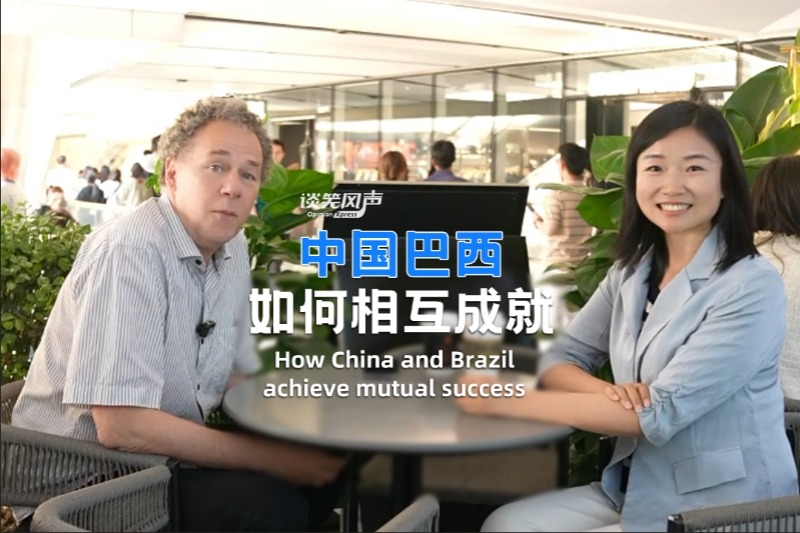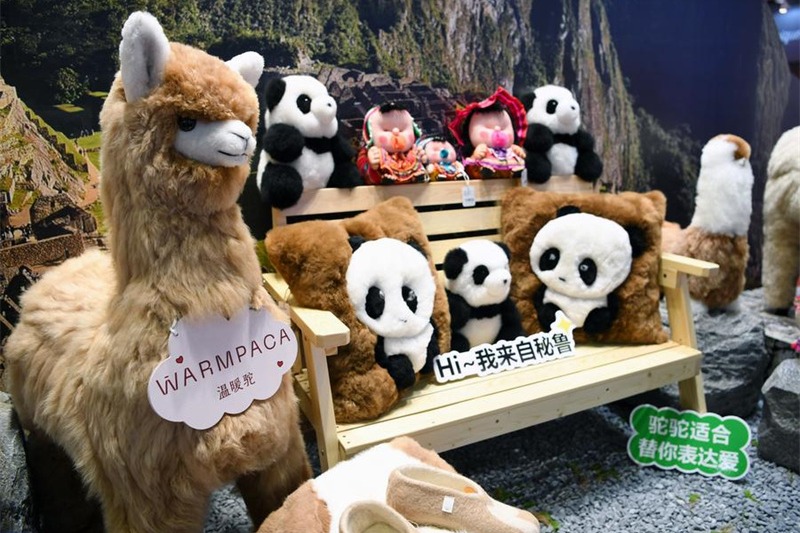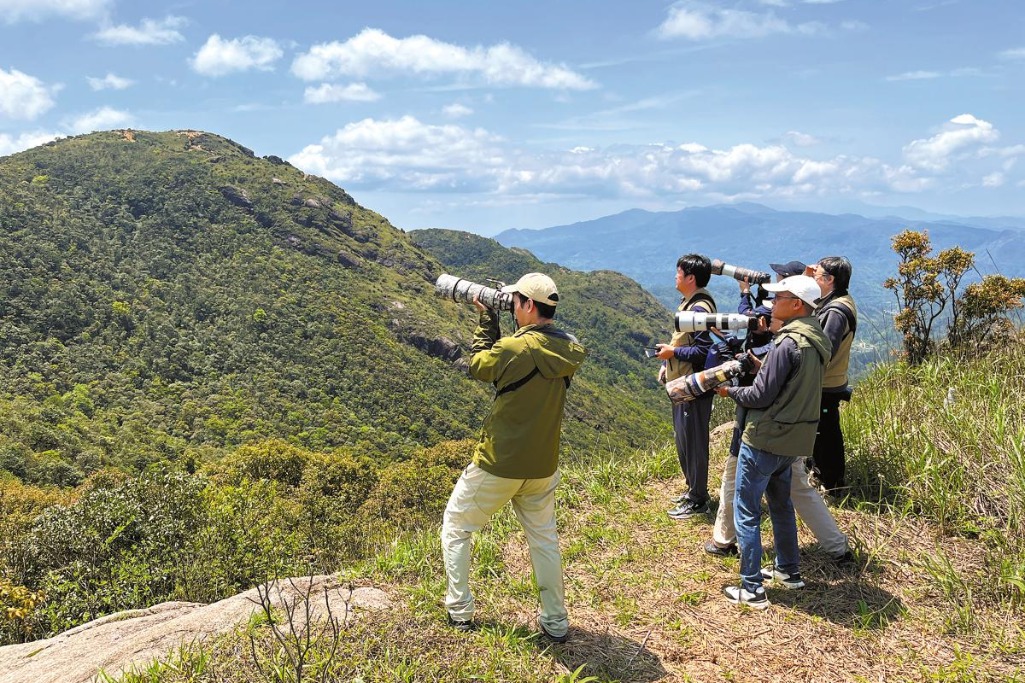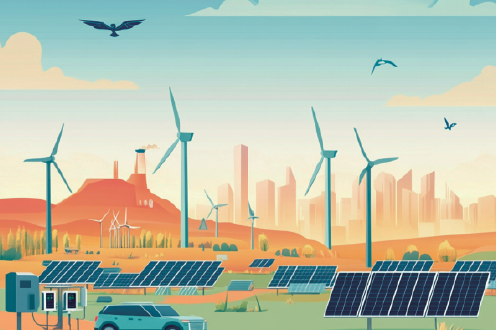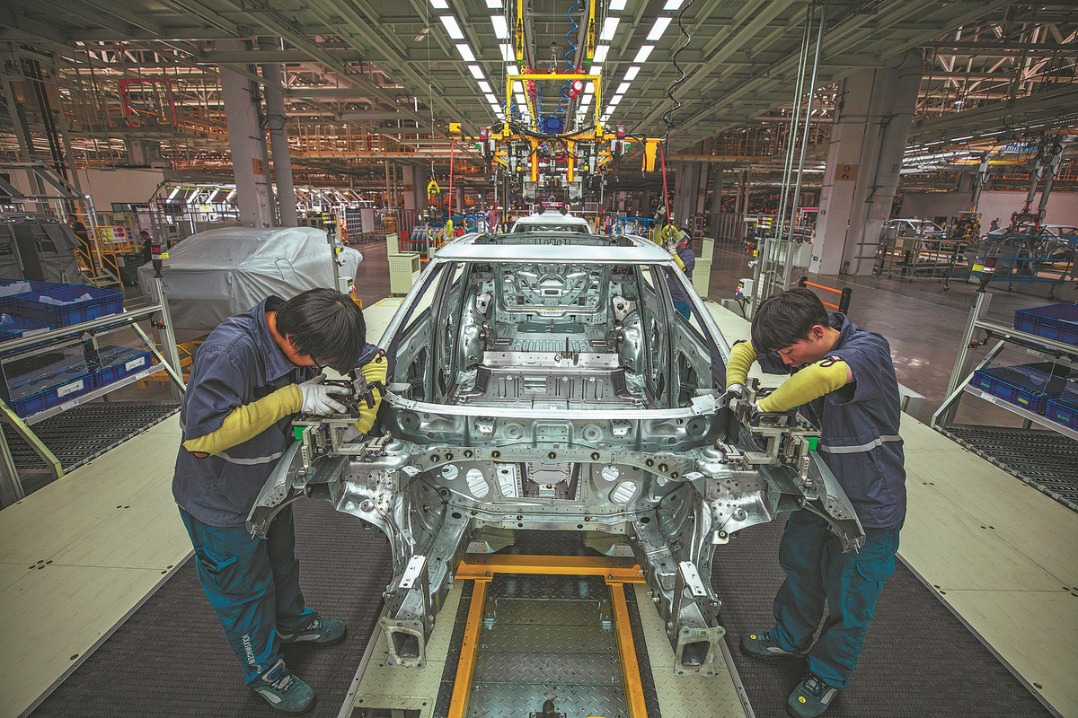Australia takes a step in the right direction with FM's visit to Beijing

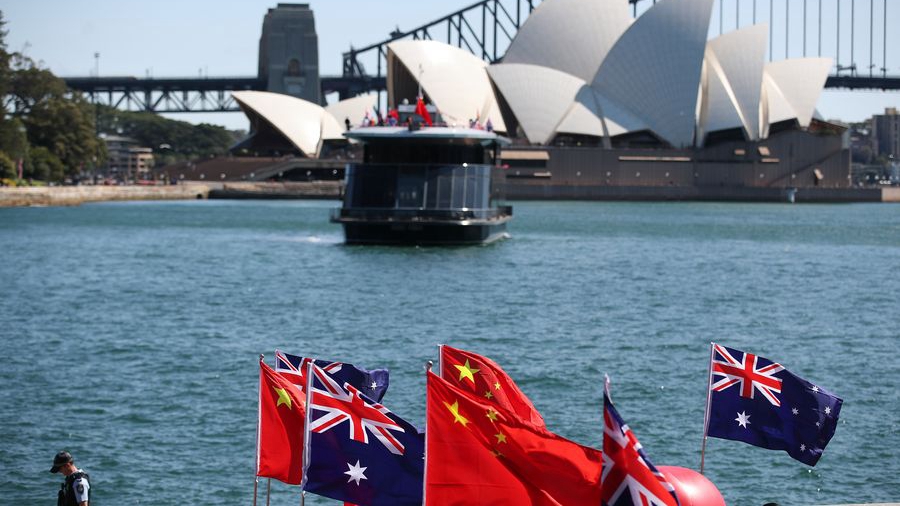
Australia's Foreign Minister Penny Wong's visit to China on Dec 21-22 to mark the 50th anniversary of Australia's formal recognition of the People's Republic of China is a significant step towards normalizing relations between the two countries.
But the visit should be seen in context.
Yes, it is significant, but it may not bring about any significant announcements especially on some Australian exports valued at around A$20 billion ($13.6 billion) a year. This could come later.
For the time being Wong is just opening the door which had been closed for several years to Australian government ministers.
It was never that way. In 2015, Australia and China entered a free trade agreement which promised so much for both countries. Chinese companies were investing, Chinese students and tourists alike flocked to Australia.
But the relationship, especially under former Liberal prime minister Scott Morrison, was allowed to deteriorate. Added to the mix was COVID-19 which did not help.
However, the election of a Labor government in May this year signalled a subtle shift in the way Australia approached its foreign relations especially with the Pacific, which had become seriously neglected, and China, which had become toxic in recent years.
The improvement in relations has also been helped by China's ambassador to Canberra Xiao Qian who has gone out of his way to make himself available to an often hostile and in some cases rude Australian media to put China's case.
Before she left for Beijing Wong played down expectations for an immediate improvement in relations. What she did say was her visit will open the door to further dialogue.
Under Morrison's government relations hit rock bottom with talk about a new Cold War and Australia, backed by the United States, expanding its military capability which included the formation of a new security pact with the awkward acronym AUKUS (Australia United Kingdom and United States) and Australia's deal to buy nuclear-powered submarines despite having no experience in servicing, operating, or manning such vessels.
With the election of a Labor government and Wong's appointment as foreign minister there has been a subtle shift in the way Australia approaches its foreign policy.
For its part China recognizes Australia's security alignment with the US as long as it does not interfere in China's domestic affairs.
The new Labor government under Prime Minister Anthony Albanese recognizes nothing is gained with creating the environment with a new Cold War mentality.
Wong is a realist when it comes to China.
In a speech on Nov 11, Wong best summed it up when she said, "stabilizing our relationship is in the interests of both Australia and China. It will take time because our differences are not trivial. But we will not be trying to make media headlines out of the China relationship.
"We won't weaponize national security for political purposes. We will seek to navigate our differences wisely – something, in fact, we believe both our countries should do."
The Australian government will not change its stand what it perceived to fundamental issues such as human rights. But unlike its predecessor, Australia will use quiet diplomacy and dialogue between ministers. And this is the right approach.
What Australia needs to do now is not allow itself to be pushed by its powerful ally, the US, into making ridiculous claims as was the case with the previous administration in Canberra.
Those claims especially on Chinese military expansion in the Pacific region have since been shown to be baseless. China has repeatedly said it has no intention of militarizing the Pacific. China sees its role as a friend and helping poor nations develop their economies, allowing them to grow and prosper.
This may be a hard concept for many hawks sitting in Washington and Canberra to accept.
But with a new government in Canberra it is hoped that while there is still some way to go, sanity is starting to filter through.
China's rise can not be ignored. But at the same time, it should not be seen as a threat.
China has repeatedly said it wants to coexist in a peaceful world. It wants to help promote common development and help build a world with a shared future.
Wong is well aware of where China is coming from and where it is going.
But Wong, and indeed the Labor government, is walking a fine line when it comes to China knowing that its every move is being watched by Washington.
The author is a China Daily correspondent based in Sydney. The views do not necessarily represent those of China Daily.
















